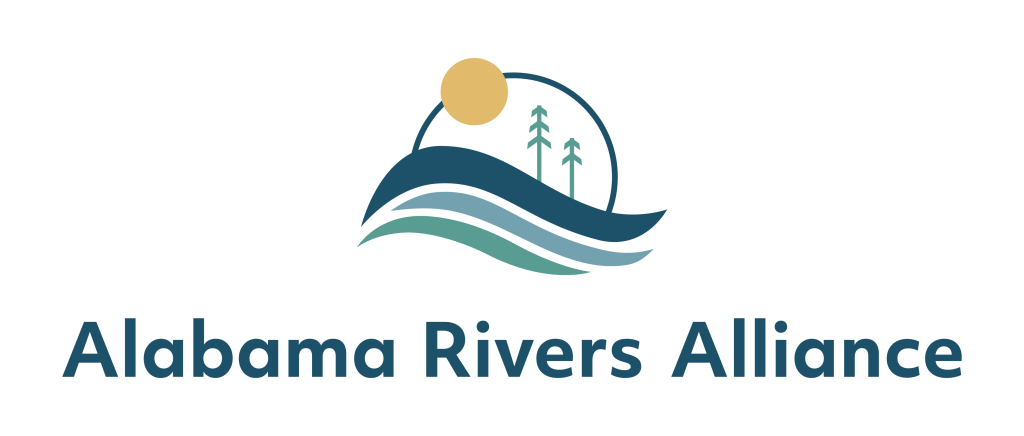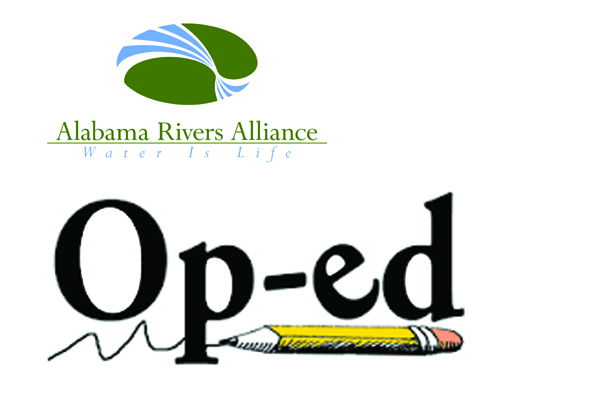Water is Life
by Cindy Lowry
Click here to read this op-ed in the Montgomery Advertiser.
Water is life. This short, powerful sentence means many different things to all of us. For some it may remind us how important drinking water is for our survival. Others may think about the water that is needed to grow the food that we eat. Still others may reflect on how more than 70% of our bodies are made up of water. As the tagline for the statewide river protection nonprofit where I work, it usually conjures images of clean, free-flowing rivers. But in my 13 years of being the executive director, I don’t recall it ever making me think about how having clean, affordable water for washing my hands could literally save my life…until now.
This health crisis, which is also quickly becoming an economic crisis, has made many of us rethink how we interact with each other in our lives and about the importance of things we take for granted, like human touch, health service professionals, science, and clean hands — which can really only come from access to clean water. Hand sanitizer can only go so far!
So why, in the midst of such a crisis, where water for hand washing is a life-saving commodity, would the Environmental Protection Agency decide to suspend enforcement of the very laws that keep our water clean? And not just our water, but our air and land as well.
I live in Birmingham. The water that comes out of my faucet, which I pay the Birmingham Water Works to treat and deliver to me, is originally taken from the Black Warrior River watershed. More specifically, either the Mulberry Fork or the Locust Fork of the Black Warrior River. These rivers have plenty of industries that legally discharge into them. Monitoring and enforcing the laws that ensure those discharges are limited to safe amounts is essential to the safety of the water I use every day… the water we all use every day.
While I am certain these industries are hurting financially during this time, as most businesses are, I cannot see how creating — or more accurately exacerbating — our chronic public health challenges from pollution can be the answer to economic concerns stemming from this acute public health crisis. The short-term gains of not having to report pollution amounts or, worse, pollution violations, could mean that we come out of this crisis only to face increased water treatment costs resulting in higher water utility bills.
The “Leslie Knope” in me would love to believe that all of these industries will do the right thing under the recommended “honor system” and not pollute our waterways while these rules are suspended, but my real-life experiences tell me otherwise. We wouldn’t even have environmental laws and regulations if that were the case.
In addition to suspending enforcement of the laws that protect our water, air and land, the EPA is also moving forward their agenda to roll back bedrock environmental laws and protections. They are doing this in this time when public hearings are impossible, limiting our ability to have meaningful input.
In Alabama, the state administers most of the environmental laws and regulations. Unfortunately, the Alabama Department of Environmental Management (ADEM) is the least funded state environmental agency in the nation. ADEM indicated in a recent media release that they are continuing to do what is required of them to enforce the safety of our water and enforce environmental regulations during this time. We commend them for that and want them to know that we are counting on them to hold true to that throughout this crisis, in spite of the EPA’s willingness to relax its enforcement.
The people of Alabama have enough to worry about during this difficult time and we will have plenty to work on when this is over, such as bringing back the economy and assisting communities in rebounding, without having to worry about paying more for basic needs like our water. Water is our life in so many ways in Alabama. Now is the time to do what is right for Alabama.


